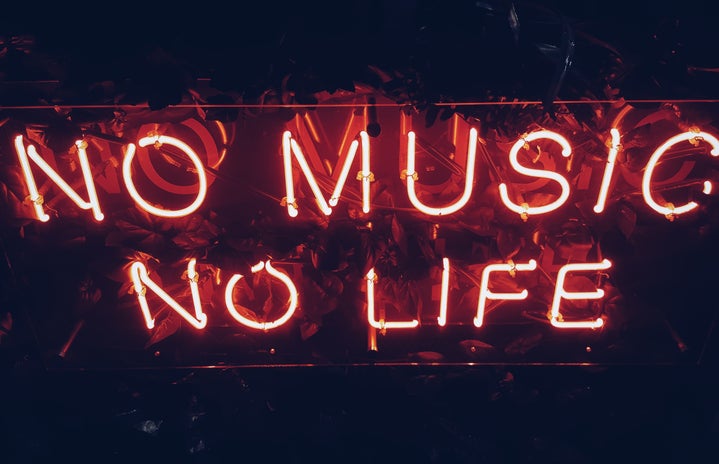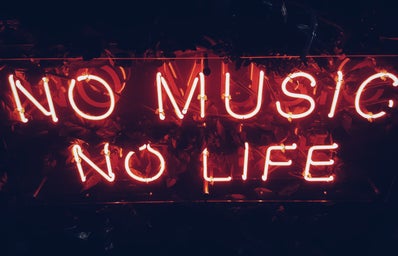There has been a level of apprehension around the Freddie Mercury biopic Bohemian Rhapsody since it was announced in late 2017. And rightfully so; with any film centered around real events, there’s always going to be people that slander its name for inaccuracies, whether it’s someone’s shirt being the wrong shade of teal, or an entirely fictional character being thrown into the mix. Things become even more tense when the subject is someone as iconic as Freddie Mercury, the front man of British rock band Queen and one of the greatest performers of all time.
While the film stole the show in box offices across the U.S. (it made over $50 million in ticket sales this past weekend), critics have been ultimately unimpressed by the film and its depiction of Mercury’s life story. (Warning: if you are one of those people that does not like spoilers, you may wanna sign off here.)
The film is essentially one big flashback leading up to Queen’s 1985 Live Aid performance. This decision is probably where they veered furthest from the facts. About halfway through the film, by the urging of their day-to-day manager, Mercury accepts a four million dollar solo deal and leaves the band. The other members are devastated, and don’t speak to him for years. The Live Aid performance acts as a reunion for the band, which makes it all the more triumphant; they haven’t performed as a group in years, and with only a few weeks of practice are able to pull off what is now known as one of the best rock performances of all time. This narrative is entirely untrue; while the band did take a hiatus in 1983, it was a mutual decision, as they’d all started to get burnt out after touring for nearly a decade. The break did not last long though, as they released The Works later that same year, and continued to tour leading up to the Live Aid performance.
While this isn’t completely factual, I understand the creative choice–Queen’s Live Aid performance is considered to be their most iconic, why not have things center around that? Having a beloved band that’s lost their connection come together and magically put on their best show of all time adds to the story that producers are trying to tell, which is one of persistence and triumph. The members of Queen really are the champions, even if they had a little bit more rehearsal time for the Live Aid performance than the film leads us to believe. Aside from that, the performance itself (which is recreated in its near entirety) is beautifully done. Everything from the band members’ costumes, to the spread of Pepsi cups on the piano, set designers paid close attention to detail.
Just like every other biopic, this film also has its token fictitious character, the jaded record exec Ray Foster. Foster, who is portrayed by an unrecognizable Mike Myers, adds a level of irony to the story by pushing back on the band’s choice to have “Bohemian Rhapsody” be the first single on their album A Night at the Opera. Believing that the song is too long and nonsensical, Foster rejects the band and their talents, claiming that nobody will ever want to blast a song as ridiculous as that one or adopt it as an anthem (that line got at least a few chuckles from the audience for sure). The band storms out of the meeting , before Mercury says over his shoulder that Foster “would be forever remembered as the guy who lost Queen.” What. A. Moment.
While Myers’ character is ultimately fake, many assume that he is loosely based off of EMI exec Roy Featherstone, although Featherstone openly supported Queen and was a fan of “Bohemian Rhapsody” as a single. Again, the choice to create a sort of pushback on the band creates a “rags to riches” story that leaves the viewer feeling all warm and fuzzy. It perpetuates the notion that no matter who’s banking on your failure, you can always prevail if you believe in what you’re doing, and all that blah blah blah. Regardless of how true this plot line is, it’s no mystery that “Bohemian Rhapsody” did push boundaries; when was the last time you heard a six minute song played on the radio? Better yet, when was the last time you listened to a six minute song all the way through?
The thing people always seem to get confused about is what exactly the purpose of a biopic is. It’s not about telling a linear story, or cramming in all the facts. Instead, it’s supposed to tell the glittery version of a story, or at least copy and paste the inspiring and pivotal moments of someone’s life so that it’s silver-screen appropriate. Sure, the timeline is majorly off, and truths have been altered, but if what you’re wanting is a factual account, go watch a documentary (Queen: Days of Our Lives is one of my favorites). If you’re wanting a story about believing in yourself, the beauty of being different, and a little bit of history weaved in, do yourself a favor and check out Bohemian Rhapsody. It won’t disappoint!


